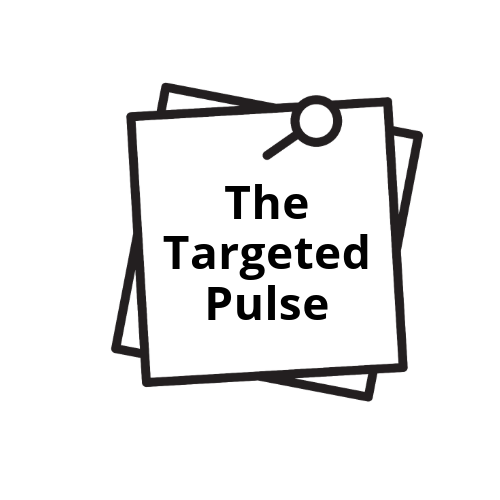This week has seen a mix of significant developments in oncology, from regulatory decisions impacting promising new therapies to exciting clinical data that could redefine standards of care. Our top stories highlight the ongoing challenges and remarkable progress in the fight against various cancers, including melanoma, lymphoma, lung cancer, and triple-negative breast cancer.
One of the week’s notable regulatory announcements concerned an innovative melanoma treatment. The FDA issued a complete response letter (CRL) for RP1 in advanced melanoma, presenting a hurdle for Replimune’s novel therapy. This decision underscores the rigorous review process for new oncology drugs and means Replimune will need to address the FDA’s concerns to pave a path forward for RP1. You can delve into the details of this regulatory update here: FDA Issues CRL for RP1 in Advanced Melanoma.

In the realm of hematologic malignancies, there’s promising news for patients with B-cell non-Hodgkin lymphoma (NHL). Our coverage highlighted that CB-010 has yielded promising data in relapsed/refractory (R/R) B-cell NHL, leading to the initiation of the dose-expansion portion of its phase 1 ANTLER trial. This early success indicates a potential new therapeutic option for patients with this challenging form of lymphoma. Read more about the promising data here: CB-010 Yields Promising Data in R/R B-Cell Non-Hodgkin Lymphoma.
Another significant regulatory decision this week involved glofitamab (Columvi). The FDA issued a CRL for glofitamab in R/R diffuse large B-cell lymphoma (DLBCL) combination therapy for its second-line indication. This decision further emphasizes the intense scrutiny placed on oncology therapy approvals, particularly when new combinations or expanded indications are sought. Find the full story on this development here: FDA Issues Complete Response Letter for Glofitamab in R/R DLBCL Combination Therapy.

A major breakthrough in lung cancer treatment has also made headlines. Research indicates that osimertinib (Tagrisso) plus chemotherapy significantly extends survival in advanced EGFRm NSCLC, potentially setting a new standard of care. This combination therapy has shown remarkable efficacy in improving overall survival for patients with epidermal growth factor receptor-mutated non-small cell lung cancer, offering renewed hope for many. Learn more about this groundbreaking advancement here: Osimertinib Plus Chemotherapy Significantly Extends Survival in Advanced EGFRm NSCLC.

Lastly, our coverage also featured innovative research aimed at revolutionizing triple-negative breast cancer treatment through a safer path forward. New studies are exploring targeted therapies for early triple-negative breast cancer with the goal of reducing treatment toxicity while simultaneously boosting efficacy. This focus on safer yet more effective options represents a crucial step in improving patient quality of life and long-term outcomes. Discover the details of this promising research here: Revolutionizing Triple-Negative Breast Cancer Treatment: A Safer Path Forward.
This week’s diverse range of oncology news highlights both the stringent demands of regulatory bodies and the continuous strides being made in developing more effective and patient-friendly cancer treatments. Stay informed as these vital areas of research and clinical practice continue to evolve.
